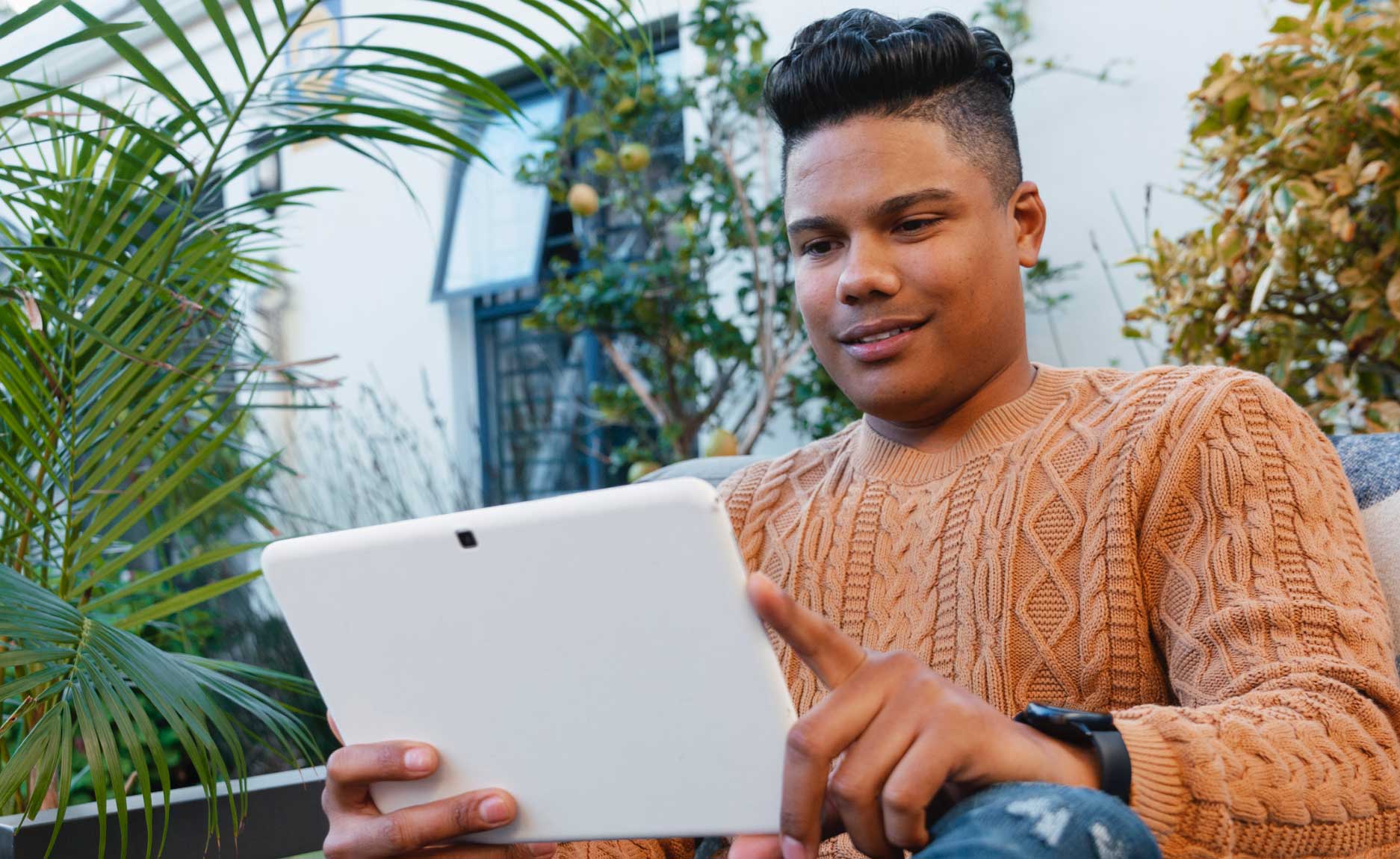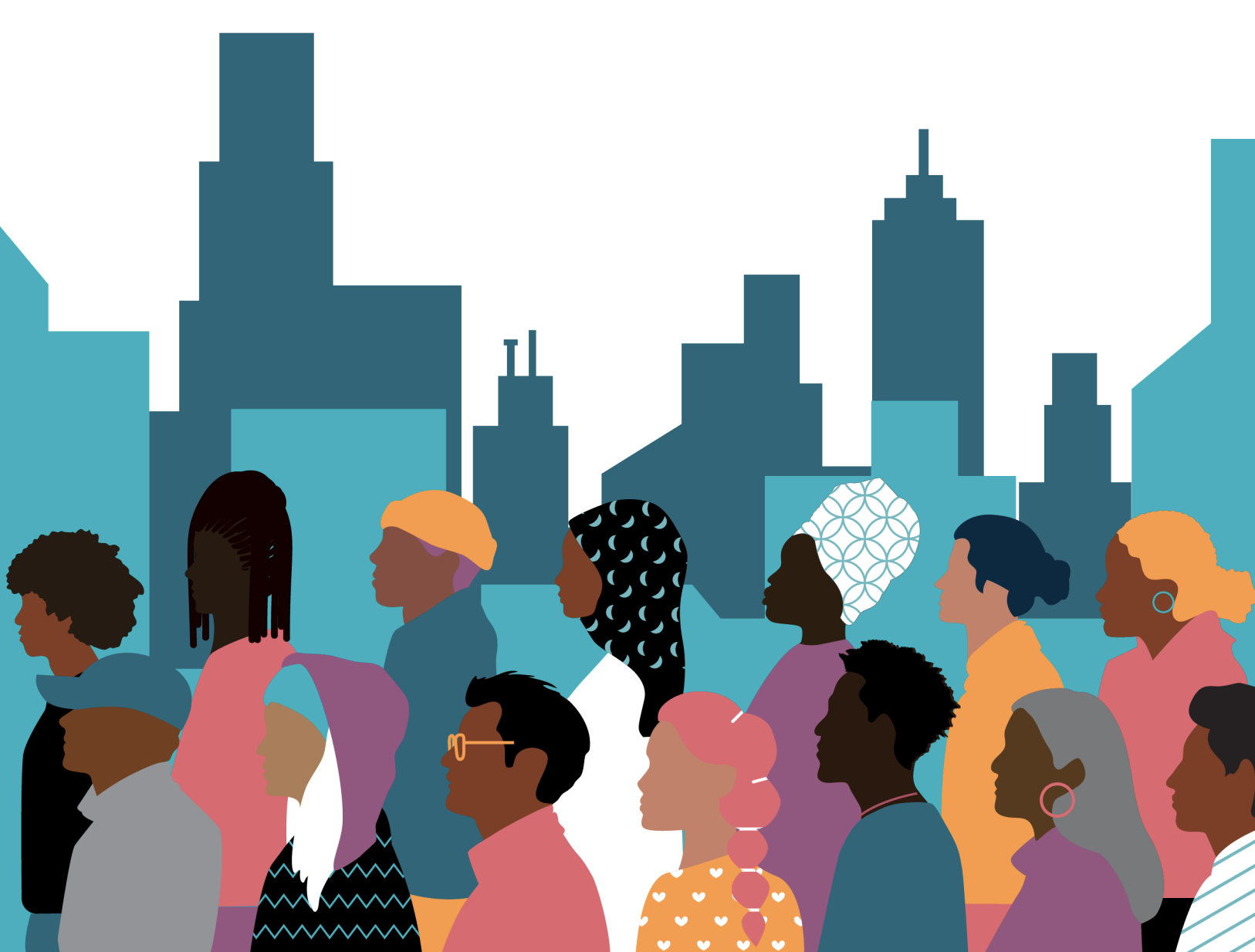Talking about mental health has been considered almost taboo for decades in BIPOC communities. It is our focus to raise awareness and help affirm the positive affects of mental health support. Let’s dive into five common myths (shared by Mental Health America) that may exist around this topic.
Myth #1: “Talking about my feelings and needing help is a sign of weakness.”
It’s normal to need support from time to time and talking with others is a great way to get that. Some people in BIPOC communities might believe that being “strong” means they don’t face stress or emotional struggles and can just keep moving forward after a traumatic event. Others may feel that the challenges they face aren’t anyone else’s business. However, being vulnerable about how you are feeling and accepting help when you need it requires a great deal of strength. By speaking up about your feelings and needs, you set an example for others to tend to their own mental and emotional health.
Myth #2: “What happens in the family should stay in the family.”
Family is important to many. Depending on your preferences or how you grew up, you might believe that sharing challenges going on within the family is inappropriate. You may have been taught that family concerns should stay “behind closed doors” or that you shouldn’t “air your dirty laundry in public.” Some may also have been taught that seeking mental health care would bring shame to their family.
However, sharing your feelings and experiences with friends or professionals you trust can be extremely valuable to you and your family. You might learn healthy coping or communication skills that would benefit you, but would also positively impact your family dynamic. Because we are all interconnected, anything you do to take care of yourself naturally helps take care of your family.
Myth #3: “Therapy is for ‘crazy’ people.”
Therapy is for everyone. No matter what stage of life you are in, and wherever you are in your mental health journey, talking to a therapist who understands you can be extremely beneficial. Therapy can help you view yourself with more compassion, improve your relationships, set goals for yourself and so much more. BIPOC celebrities, such as Charlamagne tha God and many others, have opened up about the positive impact therapy has had on their lives. BIPOC athletes Simone Biles and Naomi Osaka shared that therapy was important for them after taking a break from competitions to take care of their mental health. Celebrity or not, therapy is something we can allbenefit from as humans since we are hard-wired for connection.
Myth #4: “Mental illness is a white people problem.”
Just like we all have physical health and sometimes get sick, we all have mental health and can experience mental health conditions. According to recent statistics, 17% of Black/African Americans, 15% of Latine/Hispanic Americans, 13% of Asian Americans, and 23% of First Nations people live with a mental health condition.While the field of psychology is growing more diverse; the majority of psychologists in the U.S. are white. With this in mind, it can seem as though going to therapy is only something white people do. It is important for people from BIPOC communities to receive culturally responsive care when in therapy. Therapists providing culturally responsive care will work to understand your cultural background, validate your experiences of discrimination and stigma, and also apologize for any communication errors that cause harm.
Myth #5: “If you’re struggling, you aren’t praying enough.”
Struggling with your mental health does not mean that you are being spiritually tested or punished for your sins. We all need support with our mental health sometimes.Spiritual support can come in many forms, such as the people and resources that are put in your path to help you heal. Working with a mental health professional can supplement other sources of spiritual or emotional support, and many therapists are also spiritually-minded. Finding someone who shares your religion or recognizes the importance of faith in your life can make your healing experience more personal and effective.
SouthEnd Psychiatry wants you to be well and to feel well in life. We invite you to start a conversation with us, on your terms, in-person or online and want you to know you’re not alone.
Southend Psychiatry
Schedule your appointment today with one of our SouthEnd Psychiatry clinicians. Book your appointment online or call 1-800-632-7969 to get started today.




